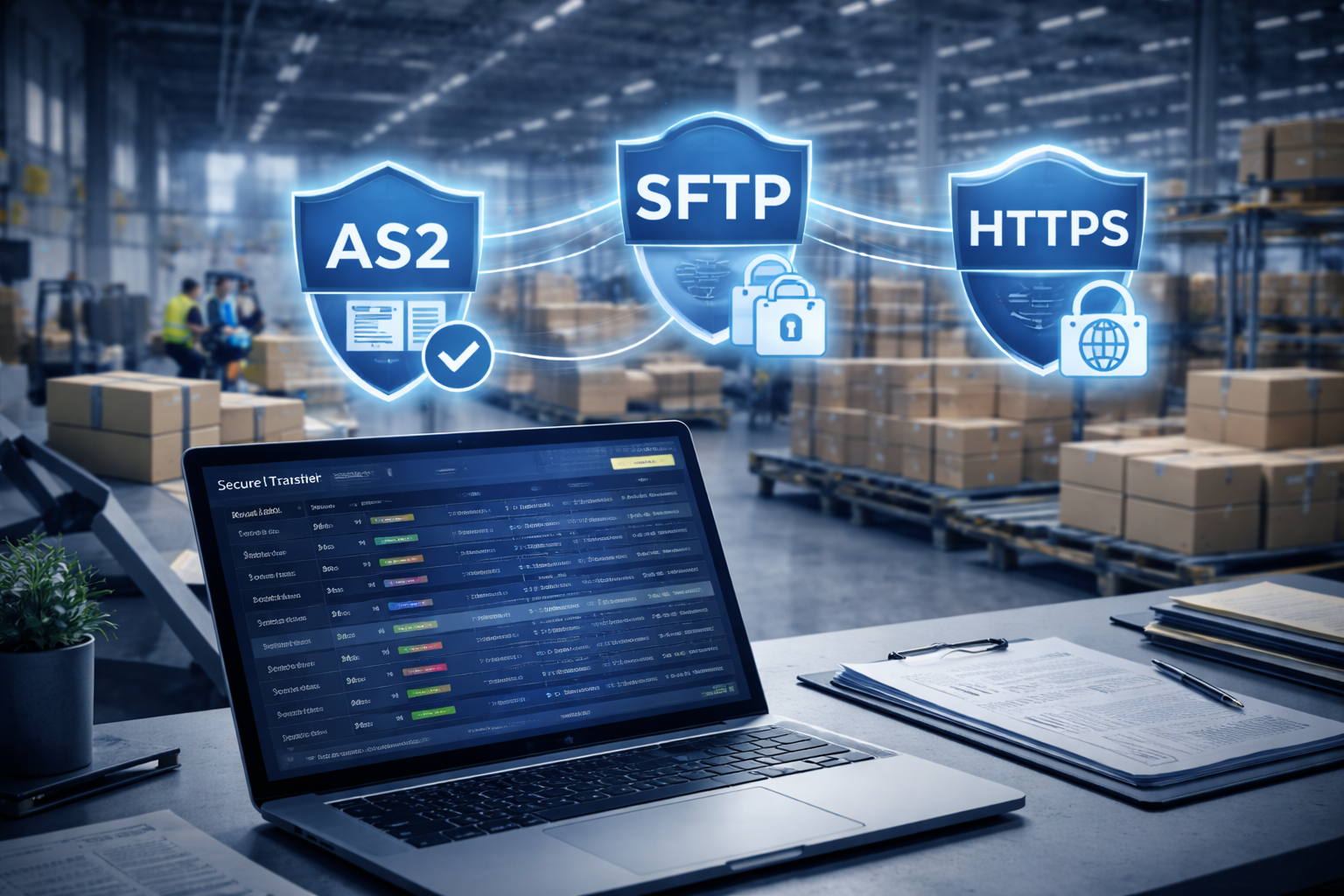
Why do you need EDI capability? What does your organization aim to accomplish?In many cases, a company simply needs EDI to fulfill the requirements of a new business partner, referred to as “EDI compliance.” While your trading partner might recommend a particular EDI service, you do not get any extra benefit from using the same provider as your trading partners, and you are usually better off selecting an EDI service on your own.Another scenario where organizations need to integrate EDI is when they have a large, complex supply chain with too many moving pieces out of sync. As businesses grow, the supply chain often ends up being the biggest determining factor in their success because a poorly managed supply chain throws everything else off.Once you have a clear idea of your EDI needs, it will be much easier to determine the approach you will take for EDI integration. If you decide to hire an EDI service provider instead of implementing EDI in-house, you will have a better idea of which features you need and how much capital you are willing to allocate to EDI based on your needs.
The good news is that there is a wider selection of reliable EDI service providers than ever before. The bad news is that having more options tends to make the decision process more challenging.The first thing you can do to narrow down your choices is to decide whether you want to build an EDI system in-house or if you want to outsource your EDI to a service provider like BOLD VAN. If your organization has no shortage of resources, plenty of smart IT professionals, and you prefer absolute control over every little detail — building an in-house EDI solution might be your preference.However, most businesses today, including large enterprises, prefer the convenience and scalability of a reliable EDI service provider. Outsourcing your EDI results in lower upfront costs, quicker startup time, and not having to maintain or manage any hardware related to your EDI communications.If you are leaning towards outsourcing your EDI to a service provider, one of the primary differentiators between services is how they charge you. The standard industry pricing model is charging by the kilocharacter, meaning you pay a fee for every tiny bit of data you send and receive. On the other hand, BOLD VAN charges you a rate based on the number of active trading partners in your EDI network and gives you EDI data.After you have narrowed down your most cost-effective EDI solutions, you also want to consider how reliable they are and the quality of their service. Read this blog about finding the best EDI solution to learn more.
The first step to EDI integration is becoming EDI capable, which just means you have an active EDI communication channel you can use, such as an EDI VAN. If you are doing EDI integration in-house, there will be a lot more work upfront to purchase, install, and configure all of the hardware and software required for EDI. Otherwise, outsourcing your EDI makes EDI implementation as simple as signing in with an email address.Once you have implemented EDI, you will need to use an EDI translator to prepare your system for the various types of EDI documents you will be exchanging. Without data translation, EDI integration cannot serve its purpose. Learn more about EDI translators here.Some EDI service providers, such as BOLD VAN, will also handle EDI translation for you, allowing for a completely hands-off EDI integration in your organization. Once your EDI system is up and running with proper data translation in place, you are ready to start exchanging EDI data internally and externally with your trading partners.Learn more about outsourcing your EDI to BOLD VAN today!
BOLD VAN delivers a CFO-ready EDI solution that eliminates hidden fees and chargebacks with transparent, per-partner pricing and real-time messaging status. Designed for manufacturing finance leaders, it offers instant cost clarity, seamless migration, and easy ERP integration to keep surprises off your balance sheet and supply chain running smoothly.

Learn how hybrid API + EDI integration supports Shopify, BigCommerce, and D2C growth without mailbox fees, mapping delays, or compliance risk.

Compare AS2, SFTP, and HTTPS for warehouse EDI. Learn which secure transmission protocol fits your compliance, performance, and operational needs.